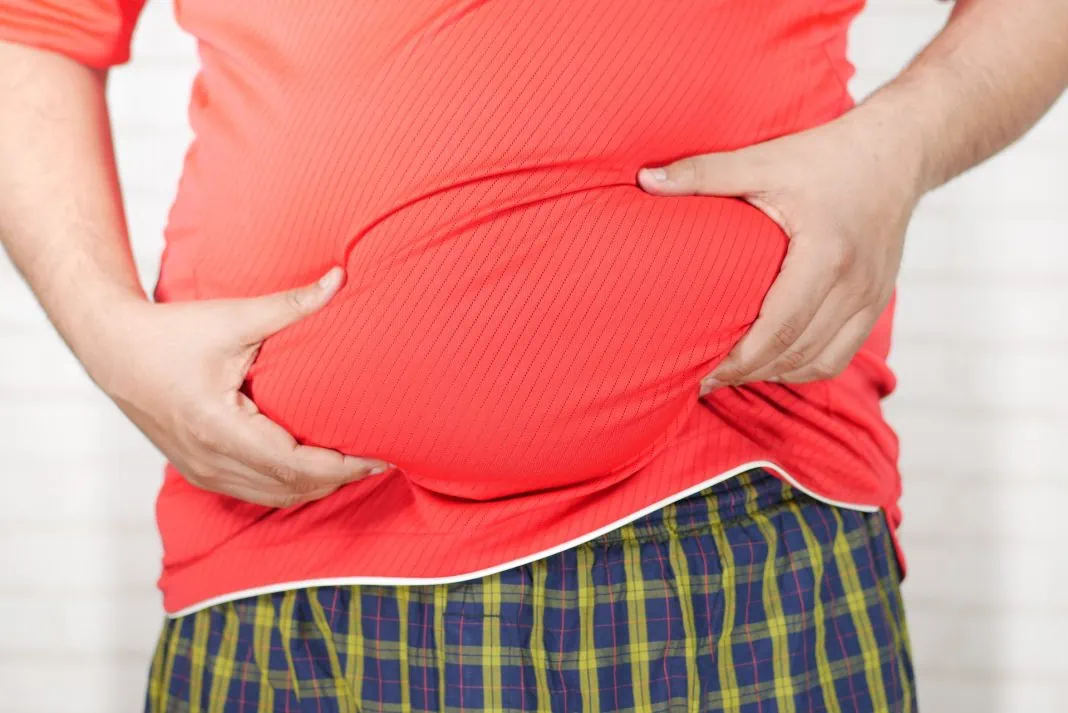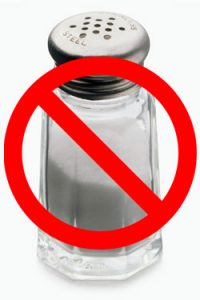Lately, we are always advised to drink at least 2 liters of fluid daily, whether we’re on a diet or not. The truth is hydration helps us in many aspects, such as weight loss, skin, digestion, detoxification, and so on. Normally, the human body gets rid of excess water through sweat and urine, but water retention appears if these processes do not function properly.
The most common symptoms of fluid retention are the swelling of extremities, feet, ankles, and hands, but swelling can also occur throughout the entire body. Water retention has many possible causes, including medical conditions, medications, allergies, menopause, PMS, hot weather, nutrition, and lifestyle.
How to fight water retention
If you have a medical condition and/or take certain drugs that can lead to fluid retention, it is best to consult a physician. This article provides various ways to fight water retention caused by incorrect eating habits and an improper lifestyle. If you suspect that fluid retention can be the symptom of a disease, you should focus on eliminating the problem that causes it.
Nutrition
Too much salt in your food inevitably leads to fluid retention. Try to limit your salt intake and avoid processed, packaged foods (which usually contain high levels of sodium). Instead, try to consume lots of fruits and vegetables (raw and cooked). When using less salt, the food will seem tasteless at first, but you will get used to it after a while. Moreover, you will be able to appreciate the natural taste of the food much better than before.
You can include various foods with diuretic properties in your meals, such as celery, onion, eggplant, asparagus, watermelon, pineapple, parsley, green beans, ginger, watercress, salmon and juniper. Several diuretic herbal teas are quite popular for their proven effects. These include dandelion, yarrow, cornsilk, St. John’s Wort, horsetail, burdock, and green tea. Various herbal remedies based on diuretic plants and foods work well without harming your health.
Lastly, hydration is still important, so don’t forget to drink plenty of water. It may sound weird, but dehydration leads to water retention. If your body doesn’t receive enough water, it will protect itself by keeping the one it already has by storing water in the cells.
Therapies
Body wraps are a good way to eliminate excess fluids from your system, especially the ones that have intense sweating as an effect. Saunas are even better, so try as long as you can tolerate this treatment. It will also increase your circulation, flush out toxins and cleanse your skin.
Physical Exercise
Whatever type of workout you prefer will be one of the best ways to fight water retention. A sedentary lifestyle also triggers water retention since staying in the same position for long periods causes fluid buildup in the legs, ankles, and feet. If you don’t have time to regularly workout, try to walk as much as possible. Walking also stimulates circulation in your lower body parts, pumping the excess fluid from your legs to your heart.
Bad habits that should be avoided
Alcohol, coffee, and colas are dehydrating drinks. Try not to drink more than 1 cup of coffee every day and limit your intake of alcohol.
Don’t keep your feet down at home watching TV or reading a book. Your feet should be slightly higher than your hips to stimulate the blood flow.
Avoid eating too much salt and foods that contain high amounts of sodium, such as processed cheese and meat.
Do not cross your legs when sitting down, as this can further obstruct the blood flow through the thigh veins, on top of the gravity effect.
Tight clothing also restricts the removal of fluid from the lower legs. Wear clothes that fit you, not those you must squeeze into.


